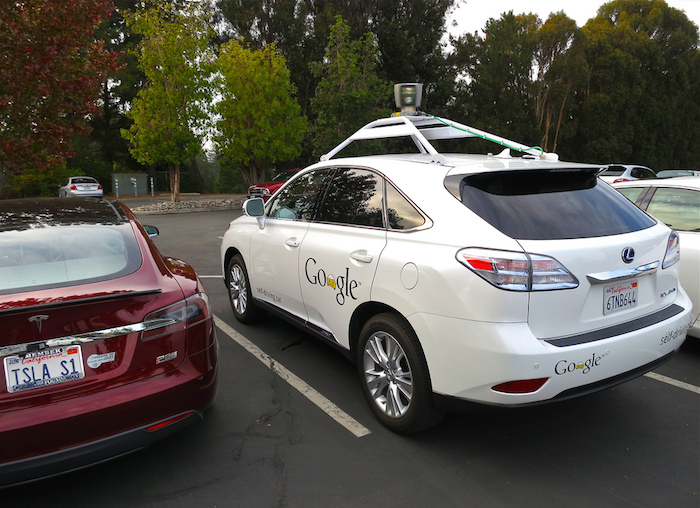
“Some 90 percent of [car] accidents involve human error. What if we can make this go away?”
These were the words of Chris Urmson, the director of Google’s self-driving car project. The day when humans no longer drive cars may be sooner than we think and the concept of “driving while impaired” will be no longer.
But would our roads be safer if cars could drive themselves? As an article in the NY Times pointed out, “Robots…don’t need to sleep. Nor do they get drunk or distracted by cellphones.”
Google’s driverless car is perhaps the most talked-about autonomous car that is currently undergoing extensive testing. According to their official blog, the company’s cars have logged some 700,000 autonomous miles. They have built software to handle both the likely and the unlikely decisions that other human drivers might make.
An article in the MIT Technology Review highlighted a study that compared the performances of the Google cars when they operated by themselves and when they were under the operation of a human driver. The results showed that “Google’s cars accelerated and braked significantly more sharply than they did when piloting themselves.” The driverless cars also maintained a safer distance from the vehicle ahead than the human drivers did.
In speaking of his self-driving car, Urmson said, “We’re spending less time in near-collision states.” In fact, the worst accident to date involving Google’s driverless car was a rear-end collision—a result of the human driver’s error in the vehicle behind.
Toyota Motor sponsored two studies by researchers at Virginia Tech that analyzed the extent to which cars with partial automation could have prevented accidents on the road. These studies simulated a sample of real-world accidents to see how the outcome would have differed had the car been partially automated. Their results showed that 30.3 percent of crashes caused by lane drifting would have been prevented with automated lane-departure warning systems. Overall, they found that the number of fatalities or injuries would have been reduced by 29 to 50 percent.
As with anything, self-driving cars have their drawbacks. Legal issues of responsibility in the event of inevitable car crashes have been highlighted, but Urmson says that the car’s manufacturer would assume responsibility. Steep prices are also a topic for concern.
Much more testing and debate is in order before such a drastic revolution in our transportation can take effect. We at Harmon, Smith & Vourvoulias, LLC look forward to the day when our roads can be made safer. Until then, human error and the legal issues that result from it are a part of our daily lives. That is what we are here for. If you are in need of legal help due to impaired driving, please contact an experienced DWI attorney today.
Additional resources:
http://www.usatoday.com/story/tech/2014/05/13/google-self-driving-car-demo-mountain-view/9046385/
